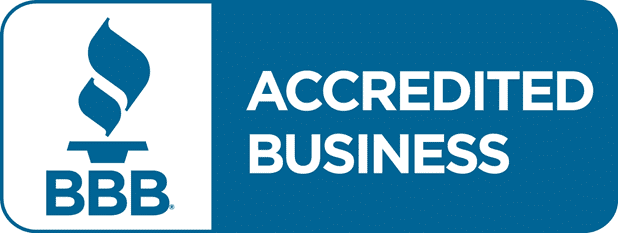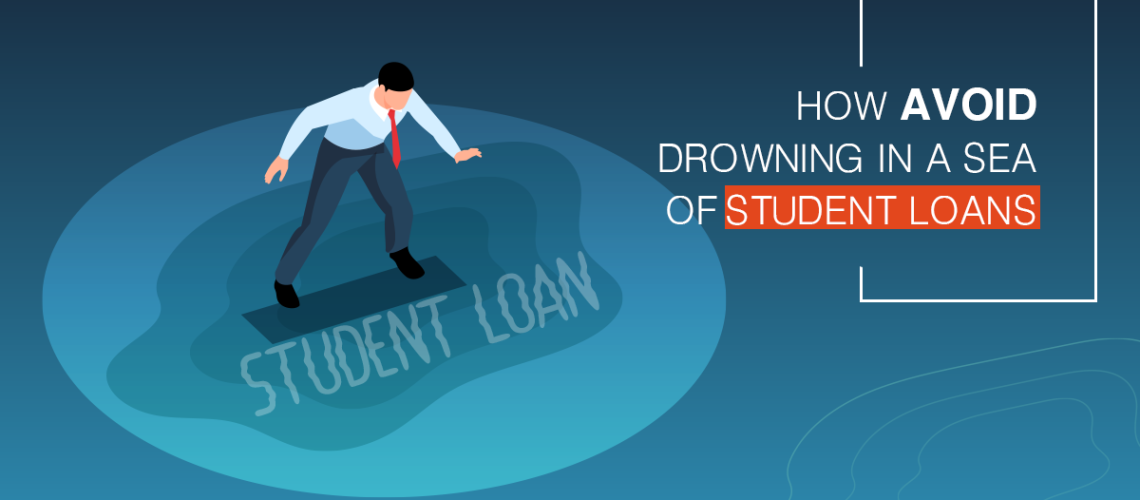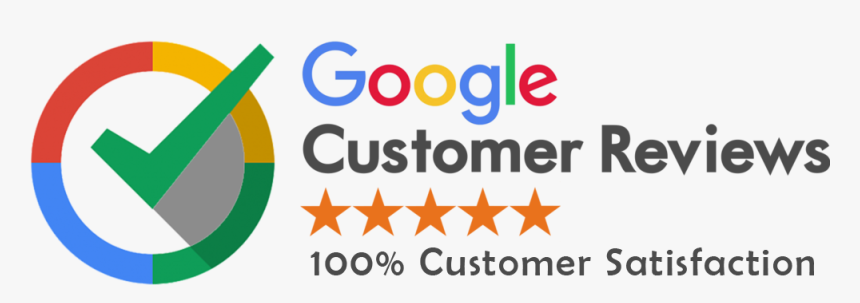Student loans in the US have become a major burden for most students. As tuition costs in the US continue to rise, students can no longer avoid taking out a student loan. Many students in the US start facing financial challenges when they graduate from college. They have to repay their student loans and also look for a job with satisfactory pay. Most of them opt for student loans because it is one of the most convenient sources of funds for higher studies, but these loans also lead to massive debts after one completes his study.
In 2007 student loan debt exceeded credit card debt for the first time, and now student loans are the most common type of consumer debt outside of mortgages. About 44 million people had student loans outstanding, with an average balance over $23,000 and total US student loan debt surpassing 1 trillion dollars.
The average student in the United States leaves college with over $25,000 in student loan debt. Student loans have a bad reputation; unfortunately, many don’t realize the problems with student loans until they have taken on a considerable debt load and can’t find a well-paying job to manage their loan payments. Making a financial plan for your college education should start early so that you can get the most bang for your buck.
Student Loan Assistance
Student loan assistance can help you avoid building up a crushing amount of debt while in college and let you remove some of the burdens of paying for your education.
- Change Your Repayment Plan.
Your monthly payments may be higher than you expected. If that’s the case, you may be able to change your repayment plan, so you have a smaller monthly payment. A graduated repayment plan may be a good option because the payments start smaller and gradually get bigger. Almost anyone who has a federal student loan can switch to a graduated repayment plan.
The federal government has established several repayment plans for student loans, depending on a borrower’s financial situation and other factors. A standard repayment plan is typically ten years. With a graduated repayment plan, your monthly payments are lower at first and get gradually bigger over time. This allows you to pay off your debt at a lower interest rate, reducing the overall cost of loan repayments.
- Student Loan Consolidation
Are you a US citizen studying in a public/private or for-profit university? Do you have student loans that have become overwhelming? If so, you should consider applying for student loan consolidation. Although it will not get rid of your debt completely, it does make your monthly installment easier to handle, as well as help you save money on interest rates! It is an option available to all eligible and interested students.
Student Loan Consolidation is a process where loans are combined into one loan. It is usually done when multiple eligible loans adding up to the same amount are used to pay for higher education costs. By consolidating into a single loan, you generally gain a lower monthly payment and a more extended repayment period. This results in significantly reduced interest charges and substantially more affordable payments.
- Student Debt Forgiveness
Student Loan Forgiveness is one of the rarest and complex student loan programs available. The program was designed to assist those in specific circumstances – this isn’t regular student loan forgiveness to wipe away all types of Federal or Private student loans.
Student debt forgiveness is a type of debt relief that gives borrowers a break from at least part of their student loan debt. When all other options are exhausted, and the borrower still suffers from great financial hardship, they are eligible for this program. This means that all of their remaining federal student loan debt will be “forgiven.”
- Student Loan Solutions via Credit Counselors
Credit Counseling for student loans can help you find out ways to lower your monthly payments. Credit counseling is essentially free help on all issues involving credit. Credit counselors can reduce the interest rate on your student loan or help you avoid defaulting.
They are committed to helping borrowers facing difficulty managing their finances due to the rising cost of living and increased tuition fees. As the education system evolves, so does the need for proper financial guidance. Having a student loan can seem overwhelming, but they strive to make managing them much easier.
It’s never too early to start managing your loans; we can help you develop strategies that work in today’s complex financial marketplace. We can help you make informed decisions about your student loans, debts, and other related financial challenges.
- Deferment or Forbearance
We don’t recommend this option, it only makes sense in certain situations.
You’ve made a big investment in your education, and you understand the importance of being able to pay for it. Still, sometimes unexpected situations arise that leave you unable to make your monthly loan payments. You may qualify for forbearance or deferment on your federal Stafford loans. Deferment and forbearance are options that give you temporary relief from making monthly payments.
If you cannot make payments for some time, deferment and forbearance may be the help you need. With a deferment, the suspension of your monthly payment is based on a specific event. You must apply for this reason for suspension if it’s available. Forbearance is also an option. Forbearance allows you to make smaller payments than what’s due or skip a monthly payment altogether.
It’s important to note, deferment and forbearance is the MOST EXPENSIVE way for you to pay back your loans. You may put off your payments for an amount of time, but interest is still accruing on your loan, and now it has a longer period of time to build up. Many people don’t find out until AFTER their deferment period has ended that their monthly payments have now doubled due to interest. If possible, don’t delay the inevitable, you’re going to have to pay back your loans eventually, might as well make the balance as small as possible.

Allied Enrollment Centers
The Allied Enrollment Centers loan calculator will help you create a budget that works for your financial situation. With this valuable tool, you will be able to track your student loans, credit card contributions, and other debts. The calculator will tell you which items are most important in keeping your expenses down. It will also help you set up an appropriate payment schedule and keep track of your total balance.
Our certified credit counselors will help you create a plan to pay off your student loans faster and save you thousands of dollars. With our counseling services, you may even be eligible for debt forgiveness and cancellation.





